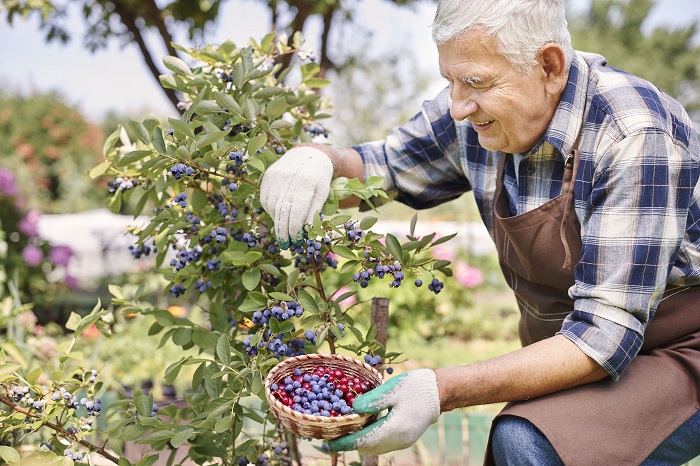Many people today are affected by hypertension or high blood pressure. Hypertension is an extremely serious condition that can lead to a heart attack, stroke, and even kidney failure. According to the National Heart, Lung and Blood Institute, approximately 1 in 3 adults suffer from high blood pressure. Research indicates, eating a daily serving of beets may increase the chances of lowering blood pressure.
What is Blood Pressure?
Blood pressure is the force of blood against the walls of the arteries. When you go for a blood pressure check, your pressure is recorded in two numbers. These two numbers are referred to as systolic and diastolic numbers. Systolic numbers record the pressure as the heartbeats and diastolic numbers record pressure between beats. So, when you have a pressure reading of 120/80, which is the normal blood pressure of a healthy individual, 120 is your systolic number and 80 is your diastolic number. A reading higher than this means, you have high blood pressure. High blood pressure occurs when your arteries are clogged with plaque. This inhibits smooth blood flow and results in increased pressure. High blood pressure, over a prolonged period, can cause stress on the heart, which can result in a heart attack.
How to Lower High Blood Pressure?
High blood pressure can be lowered in numerous ways. These include exercise, eating the right foods, avoiding salt intake, etc. Previous studies have indicated that beetroot or beet juice has beneficial effects in reducing high blood pressure. The study was published in the Nutrition Journal where 15 men and women were asked to drink 17.6 ounces of beet juice beverage with ¾ beet juice and ¼ apple juice or a placebo juice and were monitored for 24 hours. The same test was carried out two weeks later were those who drank the placebo juice received the beet juice concoction. Both times, results showed that systolic pressure reduced six hours after drinking beet juice. Researchers surmise the reason for the pressure drop could be because of the high concentration of nitrates in beets. Nitrates from beets and green, leafy vegetables convert to nitric oxide in the body. Nitric oxide helps relax and dilate blood vessels enabling better blood flow.
Do not eat beets every day for every meal just because they are good for you. Although beets are low in calories, it contains a significant amount of sugar. Therefore, take this into account if you are a diabetic. Another consideration when taking beet or beetroot is to not be alarmed when you experience red stools or urine. This is a normal side effect and as such, does not require medical attention. If you are considering taking beetroot supplements, do so with the advice of your doctor.
Although you are now familiar with the reason why beets lower high blood pressure, you should know that any diet high in nitrates, vitamins and minerals and low in sodium and fats is beneficial for heart health. Ensure that your diet consists of more fruits and vegetables, and low-fat dairy products. A healthy diet should contain fish, poultry, whole-grains, and nuts. Watching what you eat and leading a healthy lifestyle by exercising and stopping smoking, can significantly improve your chances of reducing the risk of high blood pressure.
This article is courtesy of activeadultliving.com, a website that lists over 8,500 active adult retirement communities, categorized under various lifestyles, state wise. Stay tuned to ActiveAdultLiving.com blog for more news and updates, and you can also follow us on Twitter and Active Adult Living Facebook page for exciting news and updates.




